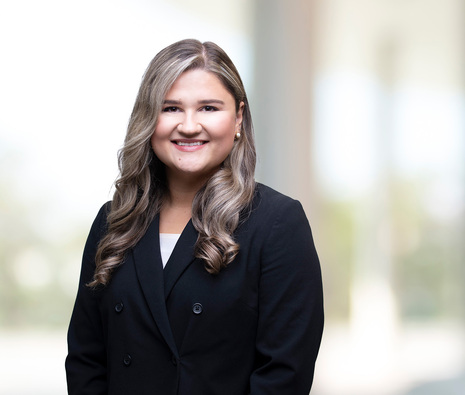Post-Mortem Distributions: Compliance Guidance For FSAs, DCAPs, And HSAs Upon Participant’s Death
Employers and third-party administrators face unique compliance challenges when a participant dies in both the retirement and health and welfare contexts. In particular, the treatment of unused funds from health flexible spending accounts (“FSAs”), dependent care assistance programs (“DCAPs”), and health savings accounts (“HSAs”) varies significantly as a result of the structure and regulations surrounding these programs. The first two accounts are employer-owned as opposed to the participant-owned HSA, which does result in different sets of rules. Below is a breakdown of how each program and any distributions should be treated upon a participant’s death, which should familiarize the employer with the applicable rules in place for different programs.
Health FSAs
Pursuant to the Internal Revenue Code of 1986, as amended (“Code”) Section 125, health FSAs are employer-sponsored arrangements that allow participants to cover qualified medical expenses on a pre-tax basis. Generally, upon a participant’s death, the FSA contributions stop, and the unused funds are forfeited except as otherwise provided in the plan. Absent a COBRA coverage continuation right, a surviving spouse or dependent(s) can only submit the claims incurred prior to the date of the participant’s death during the plan’s run-out period (usually 30 to 90 days after the participant’s death or the end of the plan year). The surviving spouse or dependent can submit for reimbursement of claims incurred after the participant’s death only if they are covered individuals and eligible for COBRA. Qualifying health FSAs may limit COBRA continuation coverage only until the end of the year in which the participant dies. Alternatively, for non-qualifying health FSAs, the full COBRA period is applicable beyond the end-of-the-year mark.
DCAPs
Code Section 129 governs DCAPs, which are employer-sponsored arrangements that allow for pre-tax contributions for dependent care expenses. Unlike health FSAs, the funds are not automatically forfeited in DCAPs upon a participant’s death. The participant’s spouse can file reimbursement claims for dependent care services incurred through the end of the plan year in which the participant dies so long as the surviving spouse is seeking employment or working during such time for which reimbursement is sought. For example, if Participant A dies in May 2025, Participant A’s spouse can continue making reimbursement claims until the end of 2025 if the spouse is working or looking for work until then. There is no separate COBRA right to extend coverage beyond the year in which the participant dies.
HSAs
Code Section 223 explains how the treatment of HSAs, individually owned accounts for qualified medical expenses, drastically differs from FSAs and DCAPs. For example, with HSAs, the contributions do not expire, and, thus, the remaining balance upon a participant’s death is not forfeited. If a spouse is the designated beneficiary, then the HSA becomes the surviving spouse’s HSA. However, if the spouse is not the beneficiary, the account ceases to be an HSA and is subject to income tax on the fair market value as of the date of the participant’s death. Notably, if no beneficiary is designated, the HSA becomes a part of the participant’s estate, to be reflected on the participant’s last tax return. Regardless of which party obtains access to the HSA, the participant’s qualified medical expenses can still be covered up to the date of death to reduce any tax burdens.
Best Practices
Employers and administrators should review plan documents to ensure death-related claims and forfeiture provisions are clearly defined and effectively communicated to the surviving beneficiaries. Surviving spouses, dependents, and estate representatives should be timely informed about their rights and the terms applicable to claim submission. In addition, participants should be educated on the importance of designating beneficiaries for the HSA in particular. Given the significant tax consequences for HSAs, the participant and affected parties should consult with advisors about the ramifications, especially with respect to large HSA balances.
Conclusion
Generally, health FSAs and DCAPs have much stricter rules as compared to HSAs in the event of a participant’s death. Understanding the distinct rules is crucial for compliance and to support the deceased participant’s surviving beneficiaries effectively.
About Maynard Nexsen
Maynard Nexsen is a full-service law firm of 600+ attorneys in 31 locations from coast to coast across the United States. Maynard Nexsen formed in 2023 when two successful, client-centered firms combined to form a powerful national team. Maynard Nexsen’s list of clients spans a wide range of industry sectors and includes both public and private companies.
Related Capabilities








